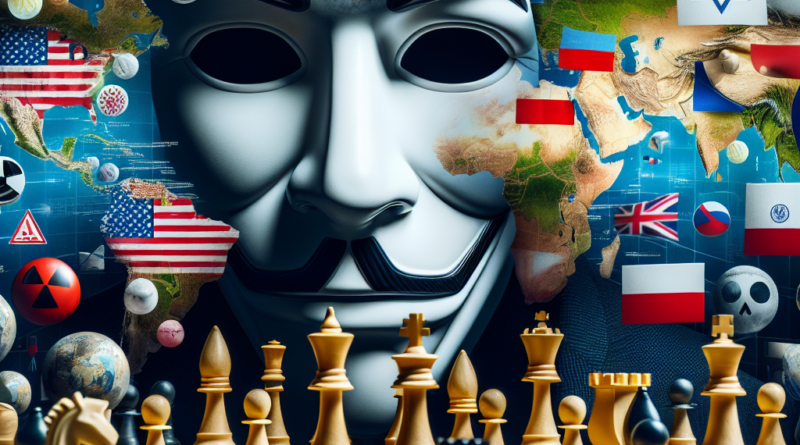Ukraine invades Russia, nuclear war risk: why we are (really) closer now
A Step Away from Nuclear War
Ukraine has initiated a new counteroffensive, this time catching Russia by surprise and invading Russian territory in the Kursk region, near the Ukrainian city of Sumy.
This move marks a significant escalation in the conflict, with Ukraine reportedly gaining control over a substantial portion of Russian territory.
While Moscow has admitted to Ukraine controlling 28 Russian villages in an incursion approximately 12 km deep and 40 km wide, the actual military situation in the Kursk region remains unclear, with conflicting reports complicating the assessment.
Russian President Vladimir Putin, furious about the incursions, stated that Ukraine would face a “worthy response” for attacking Russian territory.
He accused the Ukrainian leadership of committing a crime against the Russian people, hinting at the grim possibility of nuclear war.
The Threat of Nuclear Conflict
With the recent escalation of tensions between Russia and Ukraine, the specter of nuclear war looms large over Europe.
The Russian military’s actions, including launching a missile against Ukrainian troops invading Russian territory, have raised concerns about the potential for a nuclear conflict.
The invasion has exposed Russia’s vulnerability, which could impact diplomatic negotiations.
If Ukrainian President Volodymyr Zelensky chooses to expand the conflict into Russian territory, the situation could deteriorate rapidly.
Putin might resort to using tactical nuclear weapons to defend Russia, potentially involving Belarus in the conflict as well.
If Russia fails to regain control over the occupied territories, the possibility of a nuclear conflict cannot be ruled out.
The situation is further complicated by the Middle East, where Iran’s threats against Israel and potential US intervention add to the global chaos.
Global Warfare on the Horizon
The world teeters on the brink of a global conflict, with nuclear war a terrifying prospect.
As international tensions rise and diplomatic efforts falter, the risk of a catastrophic escalation grows.
The unpredictability of the current situation has world leaders and the public alike on edge, awaiting the spark that could ignite a devastating conflict.
As governments struggle to coordinate their responses and conflicting interests collide, the path to peace seems increasingly uncertain.
The international community holds its breath, hoping to avert a catastrophe of unimaginable proportions.




